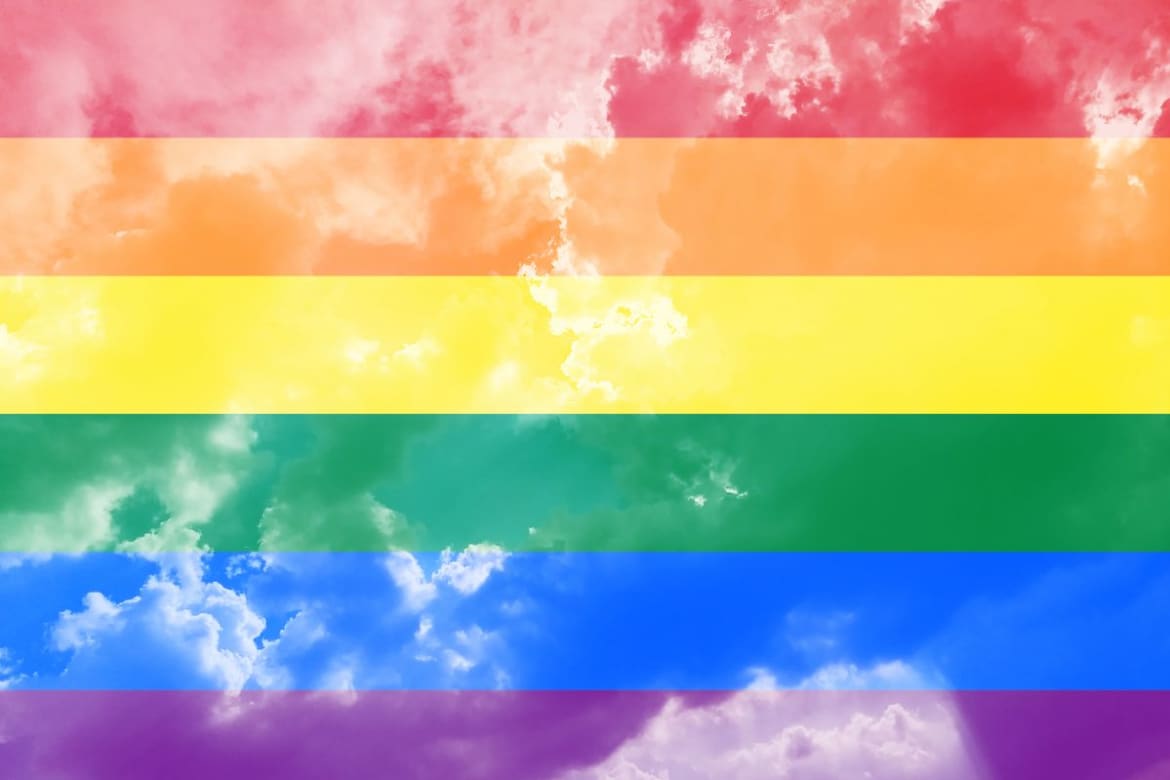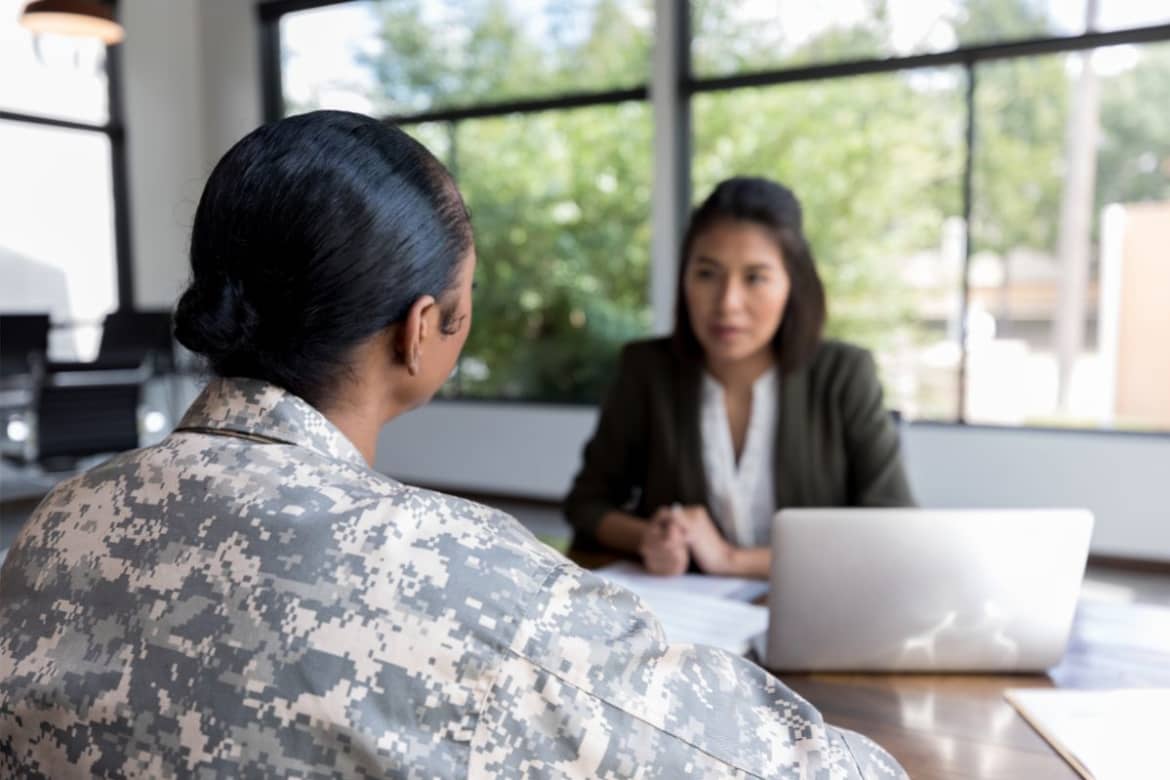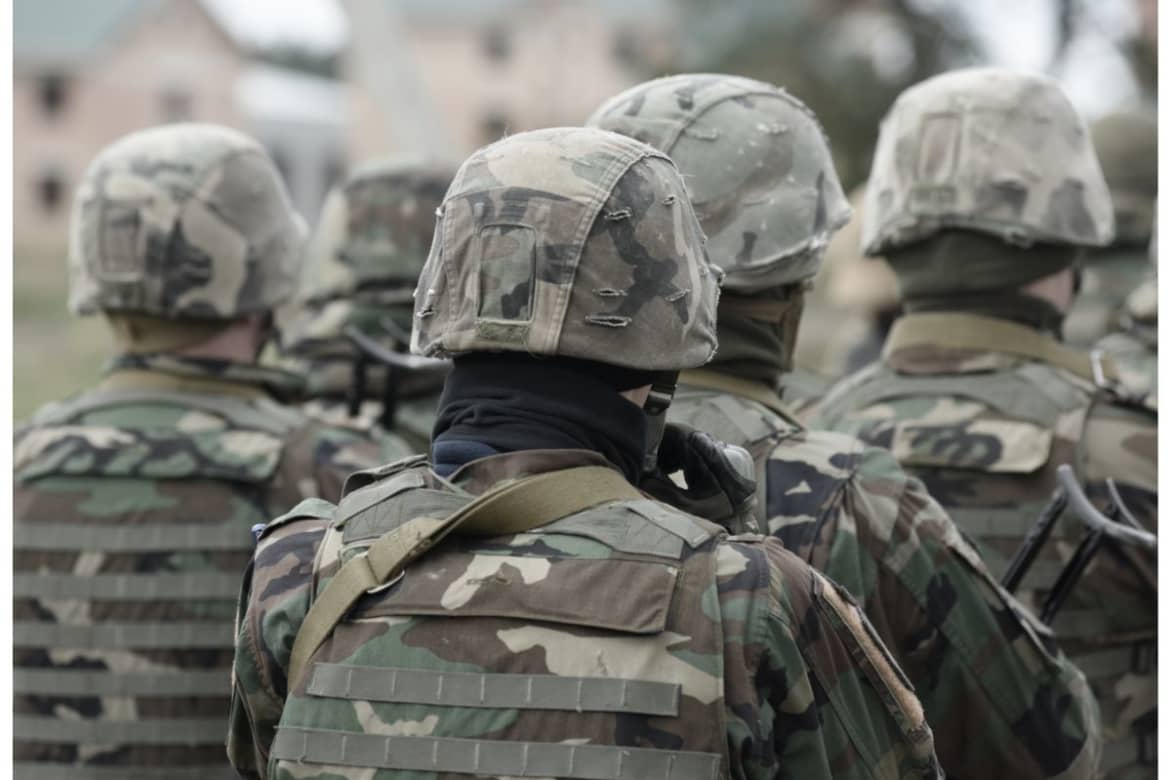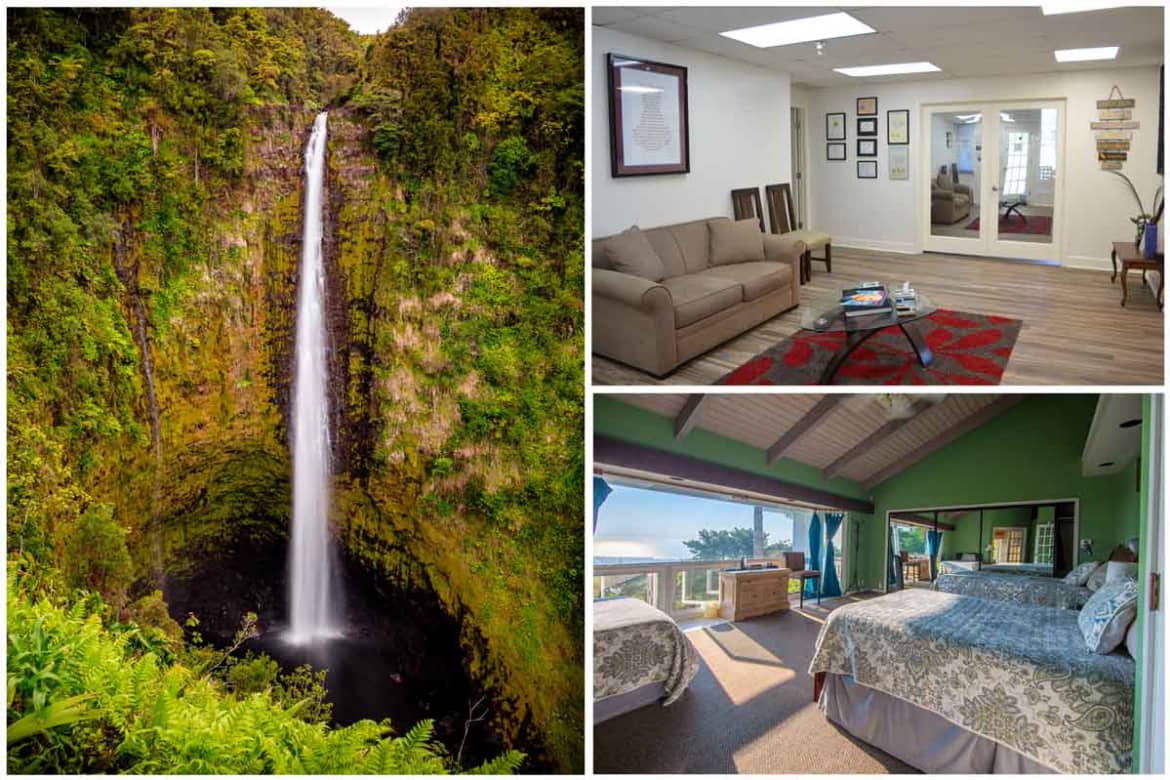LGBTQ+ Veteran Treatment
LGBTQ+ veterans face a unique array of challenges, and finding effective treatment for mental health and addiction is paramount. Learn more at (866) 390-5070.
Get Help Today
Each branch of the United States armed forces is made up of a plethora of brave individuals. However, veteran members of the LGBTQ+ community still face many challenges, and one’s status as a veteran and personal identity can feel conflicting. Finding an effective treatment program for LGBTQ+ veterans to overcome addiction, trauma, post-traumatic stress disorder (PTSD), or a combination therein is necessary.
At Hawaii Island Recovery, we understand the unique challenges of both veterans and members of the LGBTQ+ community and are prepared to help you create the most effective approach to addressing your needs while navigating the unique challenges prevalent across LGBTQ+ veterans.
A Widespread Community
Veterans of the armed forces include people of all ages, races, sexes, and orientations. With an estimated one million veterans identifying as gay, lesbian, bisexual, transgender, or queer identities, as well as other orientations and identities such as pansexual, asexual, or non-binary, the challenges faced by LGBTQ+ veterans are widespread across the United States. This number continues to grow alongside a growing, if still difficult, cultural acceptance of varying sexual orientations or identities. However, resources available to LGBTQ+ veterans can still be challenging to come by. Despite being a significant part of the population, it is common to feel isolated in these unique challenges.
The Unique Challenges of LGBTQ+ Veterans
Veterans of all branches of the military face a unique set of challenges when transitioning to civilian life. From the trauma of living through an active warzone or armed conflict to the intense physical and emotional nature of boot camp, veterans are tasked with shouldering a great deal of stress. The loss of brothers and sisters in arms also has a massive traumatic impact that affects a veteran’s mental health and perspective. However, these experiences are further complicated by the challenges faced by members of the LGBTQ+ community.

Acceptance of Your Identity
While support and acceptance of people of varying sexual orientations and identities are expanding, it is still primarily stigmatized, especially within the military culture. The effects of the “Don’t Ask, Don’t Tell” policy, effective from 1994 to 2011, allowed LGBTQ+ individuals to serve in the military so long as they did not disclose these core, fundamental parts of their identity. Even after it was repealed, it still has lasting effects on military culture, with identifying as gay, lesbian, queer, or nonbinary feeling as if it is at odds with one’s military life or otherwise not accepted by the very country and community that they serve.
This can cause veterans to feel ostracized or unaccepted by the culture and population they are a part of. Not only can this birth complex and conflicting thoughts regarding one’s own identity, but it can also birth further feelings of anxiety, depression, isolation, and more.
Mental Health
Anxiety, trauma, depression, and other mental health disorders are all common among veterans of all kinds. However, coupling these challenges with additional feelings of isolation and discrimination, LGBTQ+ veterans are at an increased risk for developing mental health disorders – from chronic depression and anxiety disorders to the development of suicidal ideation.
Those who are uncomfortable expressing their sexual or personal identity can feel the increased stress of denying their own identity in social situations, further complicating these feelings. Experiencing a lack of support or understanding about one’s identity, especially from such important fellow members of one’s community, can have profound effects on the mental health of LGBTQ+ veterans.
Military Sexual Trauma
Experiencing sexual trauma of any kind has lasting effects on one’s emotional and mental health. However, military sexual trauma (MST) is a unique form of sexual trauma experienced by members of the armed forces. MST indicates any kind of sexual abuse or activity against one’s wishes, including threats of sexual acts, non-consensual sexual acts or advances, rape, or even unwanted comments or suggestions about one’s body. These acts take place while on military grounds, particularly on military bases. About one in three women in the military, and one in 50 men, reported suffering from MST from their time in service.

Members of the LGBTQ+ community are also at an increased risk of suffering from sexual assault or trauma. Coupling this with the prevalence of MST across the military, sexual trauma is common among LGBTQ+ veterans, facilitating further trauma, substance use, and the need for healing.
Substance Use
It can be difficult for LGBTQ+ service members and veterans to reach out for help or support in overcoming their unique challenges. Opening up about one’s traumatic experiences, sexual orientation, or identity can be exceptionally difficult, especially if one doesn’t feel they have the cultural and community support necessary to discuss such complex topics. It is common for veterans to instead turn to addictive substances like drugs or alcohol to push down these stresses, quickly developing into substance use disorder (SUD).
From pervasive drinking cultures that permeate military culture to attempts to self-medicate traumatic and stressful experiences as a veteran, the use of drugs and alcohol is common among veterans. LGBTQ+ veterans face an array of additional challenges that can further exacerbate the emotional traumas and further inform one’s use of these destructive, addictive substances.
Finding Treatment at Hawaii Island Recovery
Overcoming the effects of addiction and trauma and navigating the challenges faced by members of the LGBTQ+ community are all trying tasks. Hawaii Island Recovery understands the unique, personalized, and understanding approach needed to effectively address these challenges in tandem. Our dedicated veteran program uses trauma-informed practices to address the continued effects of one’s time in military service on civilian life. Coupling this with effective LGBTQ+ informed care, we curate a community of understanding peers to create a safe space to explore how one’s experiences and addiction inform each other for a truly transformative recovery.

Our Continuum of Care
We understand that trauma and addiction are intimately linked and that recovery is never a simple, one-step process. We offer dedicated medical detox programs to a small, intimate residential program and outpatient care. Our veteran programs are also available to support you during your stay with us and beyond, creating an effective and evolving community based on healing and personalized care. Each step can be personalized to address the needs of LGBTQ+ veterans, and we are prepared to work with you to find the most effective approach to your recovery journey.
Get Help
If you or a loved one need help, call Hawaii Island Recovery toll-free right now.
866-390-5070 Hawaii Island Recovery
Hawaii Island Recovery 









